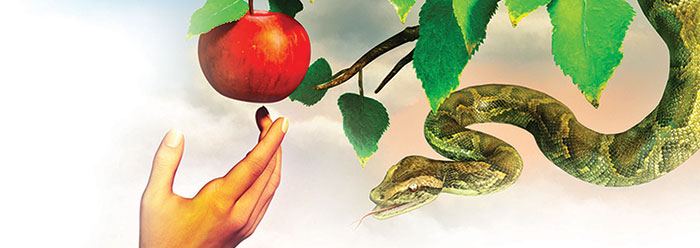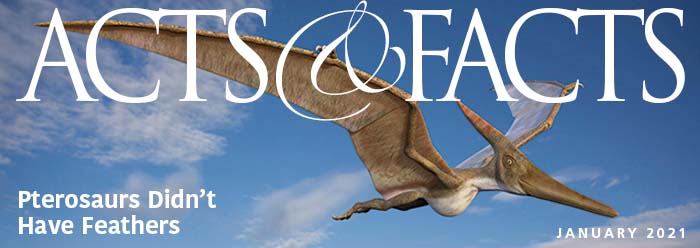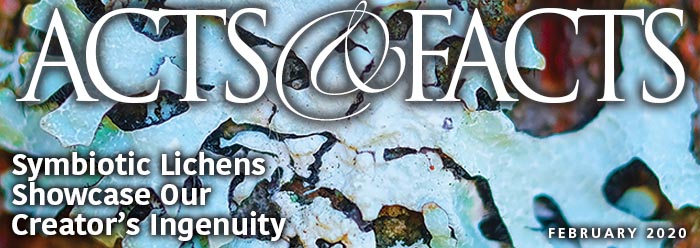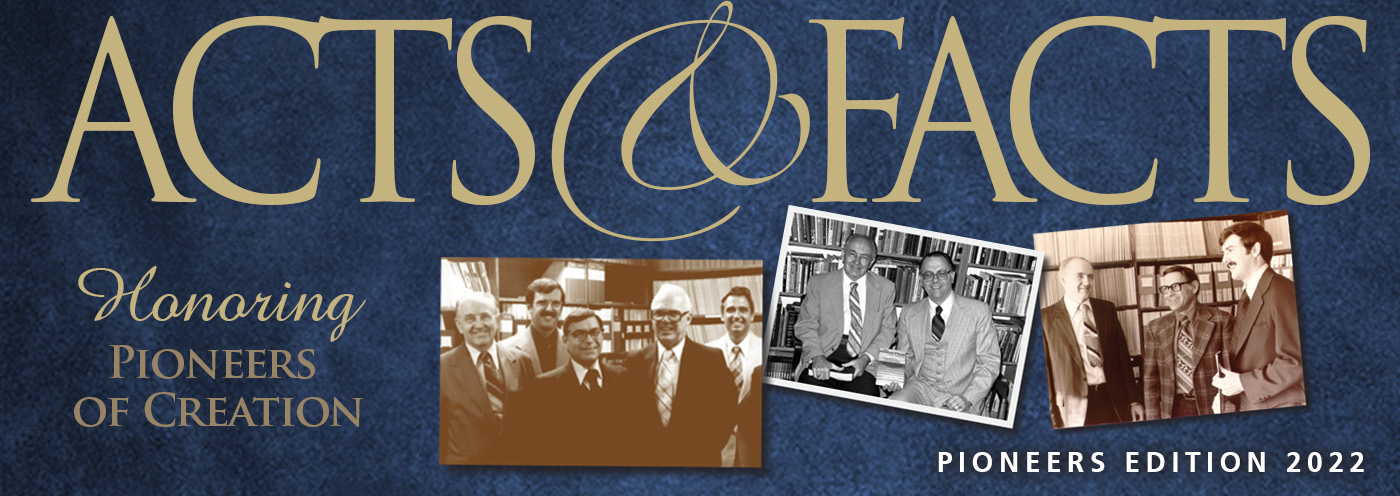Eve was challenged with the first recorded dilemma. On the one hand, God indicated that on the day Eve and Adam ate from the tree of the knowledge of good and evil, their immortal bodies would become mortal and subject to eventual death (Genesis 2:17). On the other hand, the flattering serpent suggested the opposite—promising that eating from that tree would not result in death but instead would make Adam and Eve like God (Genesis 3:4-5). How was Eve supposed to know whom to believe?
Eve chose to evaluate the situation by her own standard. She opted to use her mind and her senses to judge who was telling the truth. She examined the tree with her eyes and recognized that it was delightful to look at, good for food, and desirable for wisdom (Genesis 3:6). Her preliminary “scientific” analysis suggested that the serpent’s hypothesis might be correct and that God’s word—His clear warning—was wrong. After all, the fruit did not appear dangerous; there was nothing obviously defective with it that would suggest eating it would result in death. So, she took and ate and gave to Adam, who did the same.
Today, we face a similar dilemma. On the one hand, we have God’s Word, which teaches things like the six days of creation, a global flood, and the resurrection of Christ. On the other hand, we have the words of people who claim that such things are simply not possible. How are we supposed to decide who is right?
Like Eve, we are inclined to judge God’s Word based on our senses and our understanding of what is possible. For some people God’s Word passes the test, and for others it does not. But either way, the test itself is defective because it attempts to judge the infallible Word by standards that are fallible because they are human standards. We must admit that our senses can be mistaken at times (e.g., an optical illusion), and our understanding of what is possible is often wrong, as the history of science has shown. Therefore, it makes no sense to judge a perfect standard (the Word of God) by a fallible standard (human sensation and reasoning). This would be like a young child who knows nothing about mathematics going through a college-level calculus textbook and attempting to correct what he perceives to be errors.
So when Eve attempted to judge the infallible by the fallible, she was not only being immoral but irrational as well. After all, she was attempting to use her mind and her senses to judge whether God was honest. But who made Eve’s mind? God did. And who made Eve’s senses? God did. So, if God were dishonest, then Eve would have no reason to trust her mind or her senses in the first place. The same is true of people today who attempt to judge the Bible by their own fallible standard. This is immoral because it puts God to the test (Matthew 4:7). But it is also irrational because if the Bible were not true, then people would have no good reason to trust their own minds or their own senses by which they come to the conclusion that the Bible is or is not true!
How then should Eve have responded? She should have recognized that God’s truthfulness is a logical prerequisite for her mind and senses to be even remotely reliable. So, by virtue of the fact that she was able to correctly understand the serpent (using her mind and her senses), God must be truthful. Therefore, the serpent was lying.
God expects us to reason using our minds and to rely on our senses but not to judge Him and His perfect Word by these lesser standards. He expects us to rely upon His revealed Word as the ultimate standard for judging everything else. Remember, it is not our minds that ultimately judge God’s Word; rather, it is God’s Word that will judge our minds (Hebrews 4:12).
* Dr. Lisle is Director of Physical Sciences at the Institute for Creation Research and received his Ph.D. in astrophysics from the University of Colorado.







